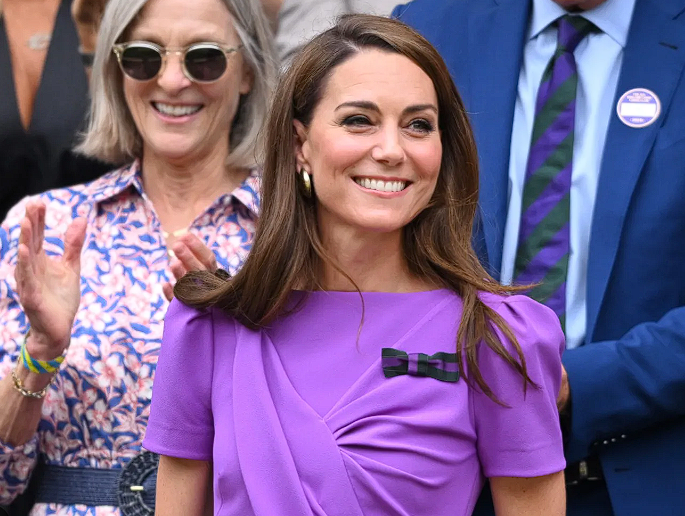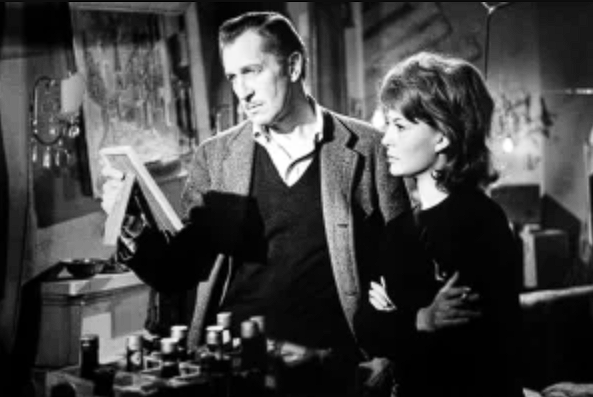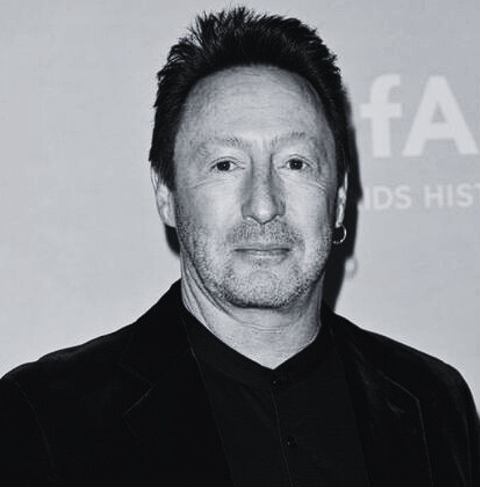Musician who joined the Monkees and had huge success in the 1960s on their TV series and in the pop charts
I am so sad to hear of the passing today of Michael Nesmith of The Monkees.
Tony and I met him in 2019 and he was a very nice person. Such a talented singer, songwriter and guitarist who will be sorely missed.
Being the member of the Monkees dubbed “the Smart One” was not an unqualified blessing for Michael Nesmith, who has died aged 78 of heart failure. As the songwriterly intellectual of the hugely successful 1960s pop group, he was deeply frustrated by the shallowness of teen idoldom.
Throughout the run of the Monkees’ 1966–68 television series, he agitated for a larger role in the writing and playing of their music – which was largely made by more skilled session players and writers – while agonising over the very nature of pop bands.
To hear him tell it, he had thought he was signing up to be a musician in a real group, only to find himself an actor playing one. It threw the introspective Texan, whose visual trademarks were a woollen hat and muttonchop sideburns, into a spin.
“What constitutes a critical path for a band? What defines the band? What makes it turn into a band?” he asked an interviewer – questions that probably never troubled his more phlegmatic co-Monkees, Davy Jones, Peter Tork and Micky Dolenz. Receiving no satisfactory answers, in 1970 Nesmith bought himself out of the remaining three years of his contract and plunged into a solo career that showed him to be not just the smart Monkee but the prescient one.
Nesmith was in the vanguard of two major cultural developments, country-rock and the music video, and also turned out to have an eye for groundbreaking media projects.
There was the 1977 album, From a Radio Engine to the Photon Wing, whose songs were written as mini-film scripts – predating the idea of the “visual album” by decades – while The Prison (1975), a novel with a companion “soundtrack” album, was an early example of a multimedia release.
He was also farsighted enough to buy the master tapes of his solo albums from RCA Records, allowing him to profit when he reissued them through his own company.




